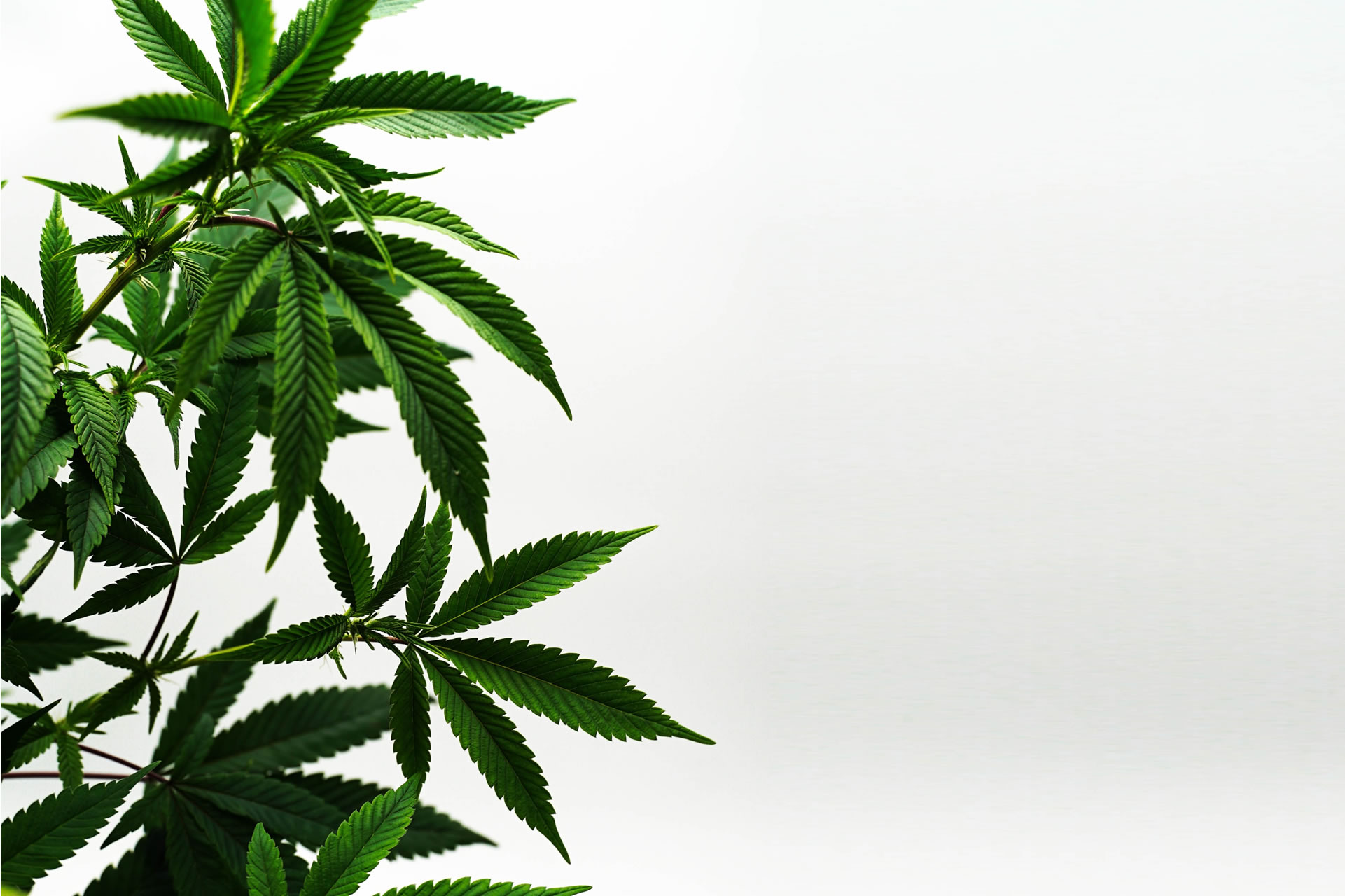Court of Appeal finds hemp to be non-narcotic, ‘significantly reduces risk’ of prosecution
The UK’s Court of Appeal has found hemp flower containing less than 0.2% THC to be non-narcotic, “significantly reducing the risk” of criminal prosecution for businesses.
Because UK law does not distinguish between High-THC and low-THC varieties of the cannabis plant, business operators were being arrested and prosecuted as drug-dealers – but the outcome of R v Margiotta “reduces this risk significantly”, according to lawyer Robert Jappie, Partner at Fieldfisher.
The outcome follows the prosecution of the business owners of Uncle Herb, whose owners were charged with Cannabis Importation and Supply offences.
The owners applied to have the charges dismissed, citing a failure of the authorities to consider EU principles which identified hemp flower as an agricultural product. The Crown Court agreed, finding that CBD flower was a ‘good’ in accordance with Article 34 of The Treaty on the Functioning of the European Union (TFEU), and therefore benefited from the central EU tenet of Freedom of Movement of Goods.
After the Crown Prosecution Service (CPS) appealed the decision, on 30th June the Court of Appeal upheld the lower court’s findings.
Explaining the significance of the case on LinkedIn, Jappie says that the judgment provides two key principles which now form established case precedent.
“Firstly, anyone conducting CBD flower business prior to 31st December 2020, would benefit from protections afforded by Article 34 TFEU. The UK authorities should have taken this into account when deciding whether to charge with criminal offences.
“This first principle only applies pre-2021, as Freedom of Movement of Goods no longer applies in the UK, post-Brexit. However, the second key principle – which can be relied upon going forward – is that the court confirmed that CBD flower is not a narcotic.
“When making a charging decision, the CPS must consider whether a prosecution is in the public interest. It will be difficult for the CPS to satisfy this requirement in relation to a product that does not have narcotic properties. It cannot be in the public interest to prosecute people as ‘drug-dealers’ when nobody is getting high from the product in question.
“Anyone facing investigation or prosecution for CBD flower offences should make urgent written submissions to the CPS.”
The CPS cannot appeal the decision. Although it could try to recover the position with another case, Jappie thinks that “seems unlikely”.
CBD flower (with THC below 0.2%) remains illegal under UK law and an S1 CD licence is required to import it. The CPS failed to make certain key arguments, crucially failing to justify the prohibition on the product by reference to EU law, so the Court of Appeal decided not to entertain those arguments. “If the CPS is better prepared next time round, it may lead to a different outcome”, Fieldfisher said in a statement.
But by providing a strong defence, “What the case does is make it much harder for the CPS to charge vendors with drug-dealing offences,” says Jappie.
Jappie added that the prosecution “had a devastating impact” on the owners of Uncle Herb. “It destroyed their business, and their personal lives too. They deserve great credit for standing firm, but the cost to them was utterly appalling.”
See Fieldfisher’s statement for the full details.




